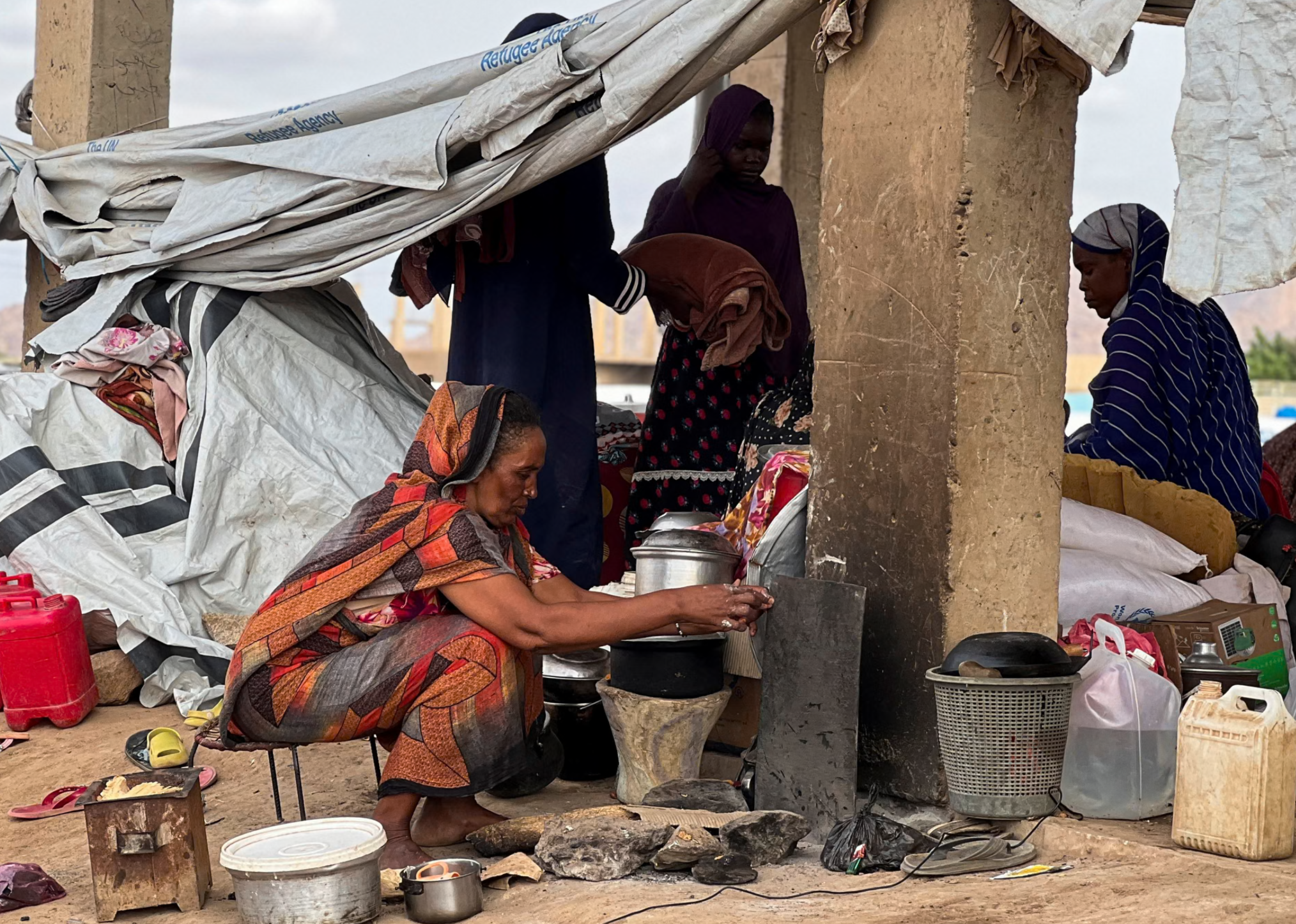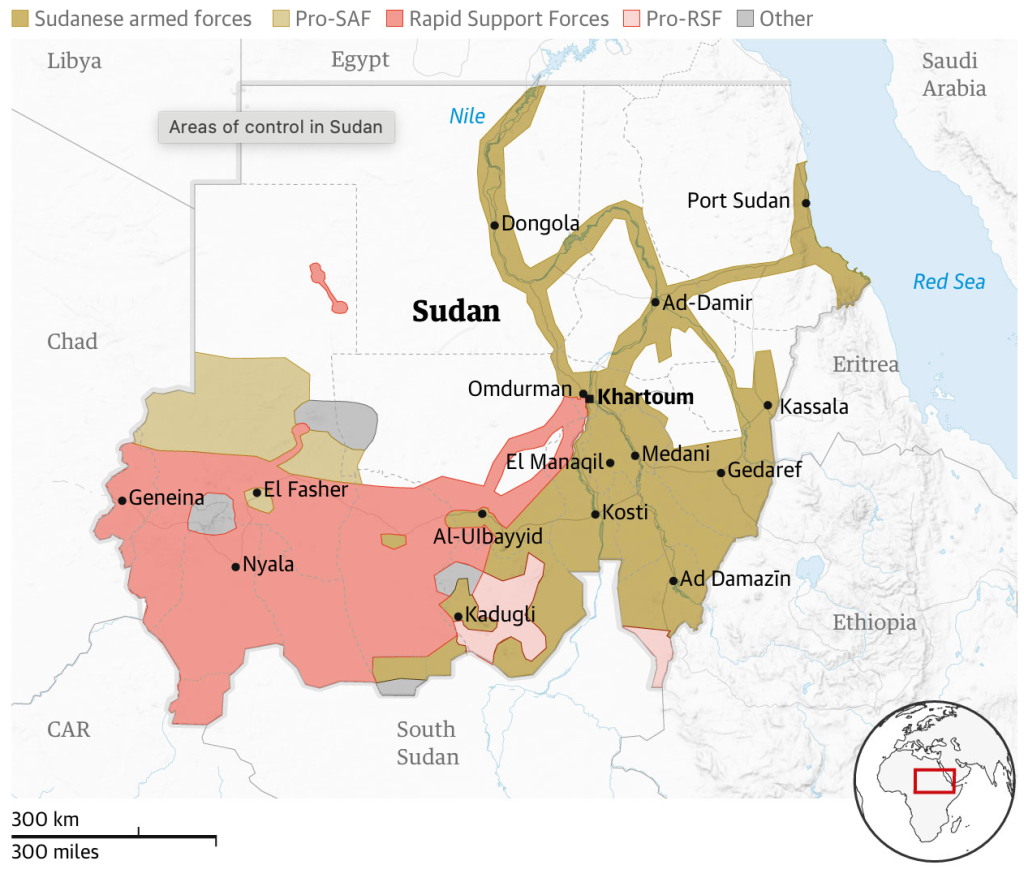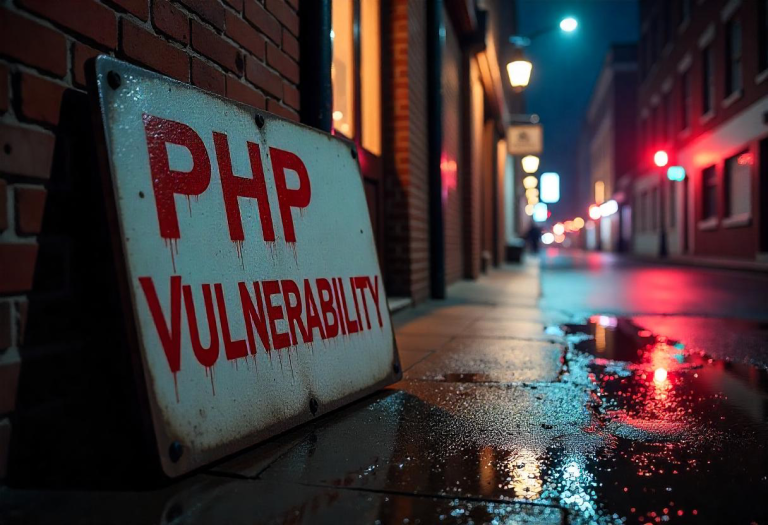
1. How it Started
Sudan’s three-year conflict, which erupted in April 2021, has become one of Africa’s most devastating conflicts, killing tens of thousands, displacing millions, and pushing the country toward famine and economic ruin. What began as a power struggle between military factions has spiraled into a full-blown humanitarian catastrophe, with no clear resolution in sight.
This in-depth analysis examines:
- The historical tensions that set the stage for war
- The triggering events of 2021
- The key factions fueling the violence
- The human cost of the conflict
- Failed peace efforts and ongoing mediation
- What the future may hold for Sudan
2. Historical Background: The Roots of Conflict
Sudan’s conflict and instability stems from decades of colonial-era divisions, military rule, and economic neglect. Key factors include:
A. Colonial Legacy and North-South Divide
- British-Egyptian rule (1899-1956) favored the Arab-dominated north over the ethnically diverse south.
- The First Sudanese Civil War (1955-1972) and Second Civil War (1983-2005) led to South Sudan’s independence in 2011.
B. Omar al-Bashir’s Dictatorship (1989-2019)
- Bashir’s regime armed Arab militias (Janjaweed), leading to the Darfur genocide (2003-2008).
- Economic mismanagement and repression sparked 2018-2019 protests, forcing Bashir’s ouster.
C. Fragile Transition to Democracy (2019-2021)
- A power-sharing government between civilians and the military collapsed due to distrust.
- Two rival military factions emerged:
- Sudanese Armed Forces (SAF) – Led by Gen. Abdel Fattah al-Burhan
- Rapid Support Forces (RSF) – A paramilitary group led by Gen. Mohamed Hamdan Dagalo (Hemedti)
3. The Spark: How the War Began in 2021
The conflict ignited over disagreements on integrating the RSF into the SAF.

April 15, 2021: The Fighting Erupts
- RSF troops refused to disband, leading to clashes in Khartoum, Darfur, and El Obeid.
- Both sides accused each other of treason, turning the capital into a warzone.
Why It Escalated
- Ethnic militias (like the Janjaweed) joined the RSF, committing atrocities.
- Foreign backers (UAE, Russia, Egypt) armed rival factions.
- No clear chain of command led to rogue militias looting and killing civilians.
4. Key Players: Factions and Foreign Involvement
See U.S. Halts Visas for South Sudan Citizens Following Deportation Conflict
A. Sudanese Armed Forces (SAF)
- Leader: Gen. Abdel Fattah al-Burhan
- Backers: Egypt, Saudi Arabia
- Strengths: Air power, heavy artillery
B. Rapid Support Forces (RSF)
- Leader: Gen. Mohamed Hamdan Dagalo (Hemedti)
- Backers: UAE, Russia (Wagner Group)
- Strengths: Mobile guerrilla tactics, mercenary forces
C. Foreign Actors
| Country | Role | Interests |
|---|---|---|
| UAE | Funds RSF via Libya | Gold mines, counter-revolution |
| Russia | Wagner Group supports RSF | Military bases, resources |
| Egypt | Backs SAF | Nile water security |
| Saudi Arabia | Mediates but leans toward SAF | Regional stability |
5. Major Battles and Turning Points
2021-2022: Battle for Khartoum
- RSF occupied civilian homes, SAF bombed neighborhoods.
- 500+ civilians killed in crossfire.
2023: Darfur Reignites
- Ethnic cleansing reported in El Geneina (Masalit massacres).
- UN warned of “another Rwanda.”
2024: RSF Gains Ground
- Captured Darfur, parts of Kordofan.
- SAF holds Port Sudan, but losing influence.
6. World’s Largest Humanitarian Crisis
| Statistic | Number |
|---|---|
| Deaths | 15,000+ (estimated) |
| Displaced | 8 million+ |
| Famine Risk | 18 million facing hunger |
| Destroyed Hospitals | 70% in conflict zones |
7. Economic Collapse
- Inflation at 400% (2024)
- Gold smuggling funds RSF war efforts
- No functional government to restore services
8. Failed Peace Deals
- Jeddah Talks (2023) – Ceasefire collapsed in days.
- IGAD Mediation (2024) – No progress due to RSF-SAF distrust.
9. Current Situation (Mid-2024)
- RSF controls 40% of Sudan but lacks legitimacy.
- SAF weakened but refuses to surrender.
- Civilians suffer with no end in sight.
10. Conclusion: Will Sudan Survive?
Sudan’s conflict has no military solution—only a political deal can stop it. Meanwhile, millions face starvation, and Sudan risks becoming a failed state.
International pressure must increase, or the conflict could destabilize all of East Africa.
- The Death of Fish Magnet and Why Kidnapping Continues to Thrive in Nigeria - August 2, 2025
- The Fall of Intelligence - July 10, 2025
- UK to Tighten Visa Rules for Nigerians and Pakistanis Due to Overstaying Concerns - May 7, 2025
Discover more from TruthPost
Subscribe to get the latest posts sent to your email.






